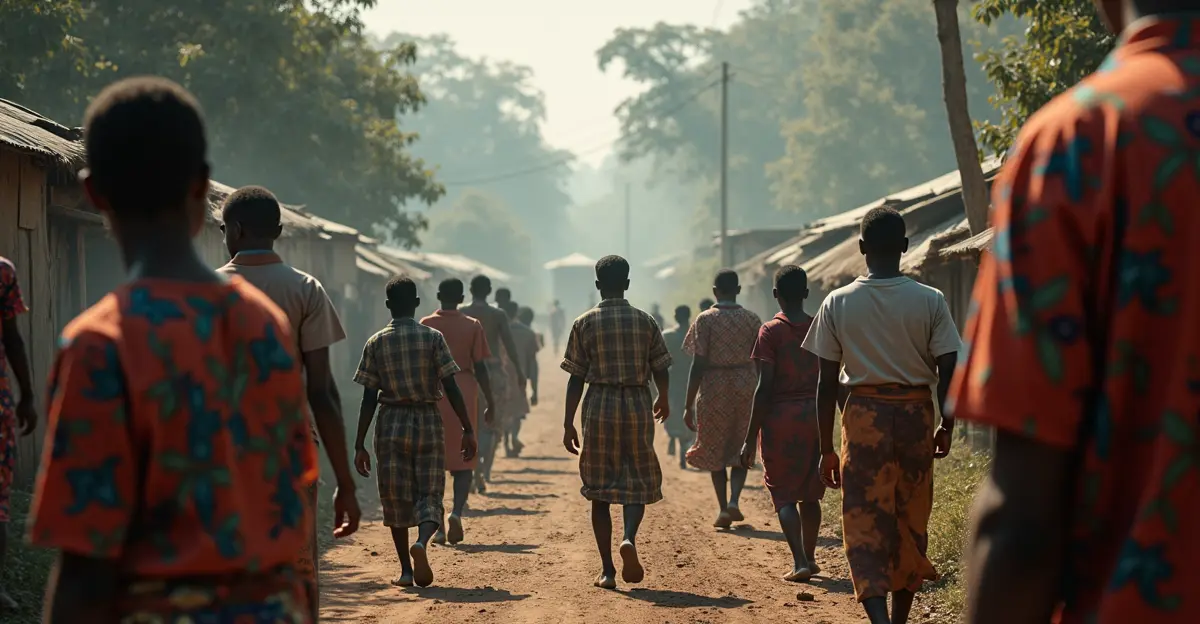
Historic Agreement Reached
After three years of intense negotiations, member states at the World Health Assembly have formally adopted the world's first Pandemic Agreement. The landmark decision came during the 78th WHA session in Geneva, with 124 countries voting in favor and 11 abstaining. The treaty aims to address critical gaps exposed during the COVID-19 pandemic by creating a framework for equitable access to vaccines and treatments during global health emergencies.
Key Treaty Provisions
The agreement establishes a Pathogen Access and Benefit-Sharing System (PABS) requiring countries to share outbreak data in exchange for guaranteed access to countermeasures. Pharmaceutical companies must reserve 20% of real-time production of vaccines, therapeutics, and diagnostics for distribution through WHO to vulnerable nations. The treaty explicitly states: "Nothing... shall be interpreted as providing WHO any authority to direct national policies" - addressing sovereignty concerns raised during negotiations.
Implementation Timeline
An Intergovernmental Working Group will finalize the PABS annex by 2026 before the treaty enters force after 60 ratifications. The agreement complements the International Health Regulations, with WHO Director-General Dr. Tedros calling it "a victory for public health and multilateral action." Notable abstentions included Italy, Poland, and Russia, while the U.S. didn't participate amid ongoing WHA withdrawal proceedings.

 Nederlands
Nederlands
 English
English
 French
French
 Deutsch
Deutsch
 Espaniol
Espaniol
 Portugese
Portugese









